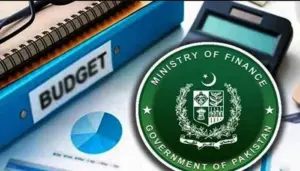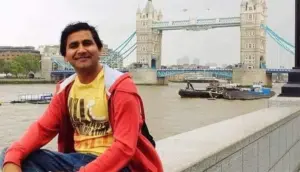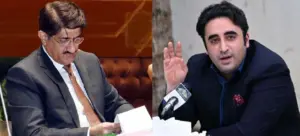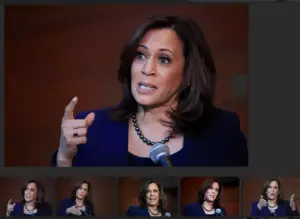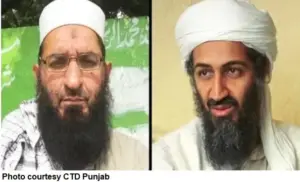Religious extremism among youth likely to aggravate in future, report

Religious extremism among youth likely to aggravate in future, report
A policy shift urged to end violent trends among youth
KARACHI, Feb 01,2022 – With radicalization growing among youth, the country’s problem of religious extremism is likely to aggravate in future unless the state adopts a gradual and subtle policy shift toward the separation of religion and politics.
This has been stated in one of the key findings of the research report “How Youth in Sindh View State, Society, Religion and Politics” released by Islamabad-based Pak Institute for Peace Studies (PIPS) here on Tuesday.
The report is based on three-fold assessment including workshops providing the youth of Sindh an open forum to share their views and observations, and pre- and post-event surveys.
At the outset, the report underlines that Sindh, the second largest province of Pakistan, has been seeing an upsurge in incidents of violence against religious, sectarian and ethnic minorities since the beginning of the 21st century.
The province, which has the largest Hindu population of the country, is also grappling with issues like forced conversion of Hindu girls and vandalization of Hindu temples, according to the study report.
Given the multiplicity of challenges faced by the youth of Sindh, PIPS conducted two-day workshops in three cities of the province including Karachi, Sukkur and Hyderabad. The participants of these workshops were male and female young students from both rural and urban areas of the province.
The report included a detailed overview of the themes covered by the speakers during the workshops, the problems identified through discussion between young participants and experts, and an analysis of the results obtained from surveys. The key themes covered by workshops included interfaith dialogue and communication, conscious and rationale approach, socioeconomic and intellectual deprivation, social contract theory and citizenship, and freedom of expression and media.
Maulana M. Ahmed Yousaf Binori from Jamia Binoria, Director of the Institute of Historical and Social Research in Karachi Prof Dr Syed Jaffer Ahmed, Executive Director of the Center for Peace and Civil Society (CPCS) Jami Chandio, senor journalist Wusat Ullah Khan, and Director PIPS Muhammad Amir Rana were one of the significant speakers during these training sessions.
The report concludes with recommendations on how to improve the role of youth for fostering peaceful coexistence in Sindh.
The report says that there is a massive need to upgrade the education system with making classes more interactive and inclusive. The curricula must be sensitive about portrayal of minorities, and it should encourage critical and rational thinking among youth.
With the increasing use of Internet, there should be public awareness campaigns and trainings for youth so they can be saved from misinformation and hate speech.
“Teaching of key articles and provisions of the Constitution including those relating to fundamental rights and basic functions of the state should be made mandatory.”
The report says that teachers can play an important role in guiding students and serving as a living example of the principle of harmony. “Teachers should be trained to build more inclusive environment in classroom.”
NAP not fully implemented due to lack of civilian ownership- Speakers
The report highlights the role of civil rights organizations to fill the gap, in the wake of poor handling of interfaith issues in the education system of Pakistan, by organizing workshops and trainings at campuses on the subject across the country.
It says that the discussion on women empowerment and gender rights should extend beyond the recognition of economic and political rights of women and transgender community to more sensitive issues of societal treatment of these groups.
Media organizations must allot a defined slot for coverage of minorities, according to the PIPS report.
The state should adopt a robust response to the hate speech directed against religious and sectarian minorities, concludes the report.

